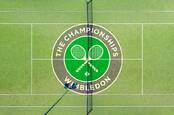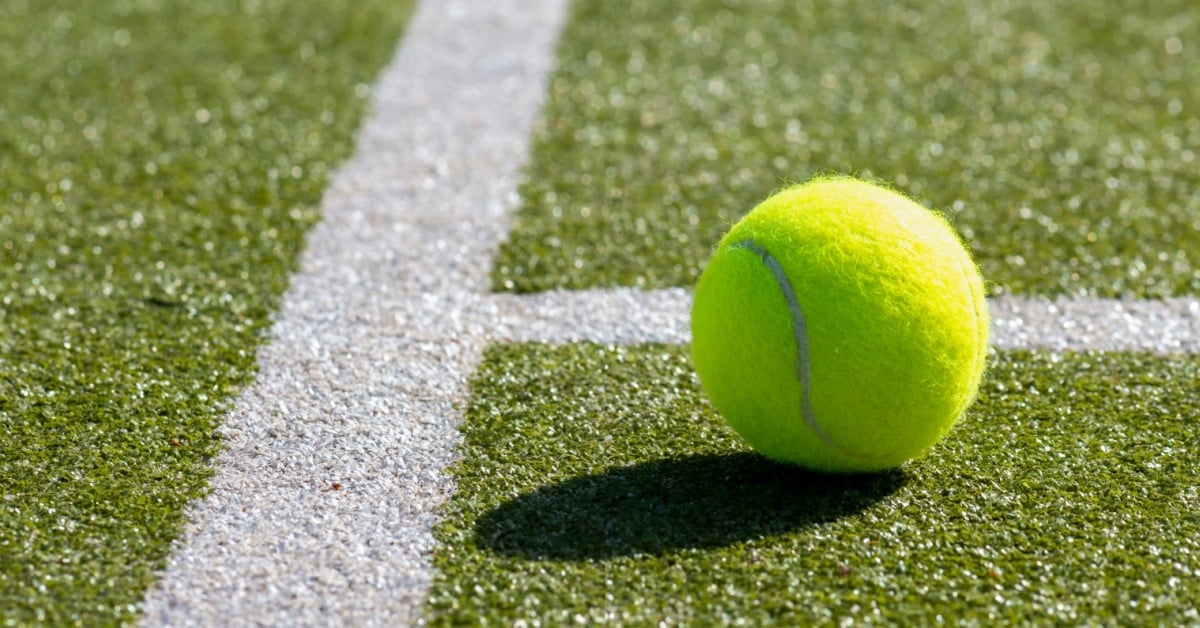“You cannot be serious” was likely uttered by more than a few folk watching Russia’s Anastasia Pavlyuchenkova versus Britain’s Sonay Kartal at Wimbledon yesterday after the tennis tournament’s AI line-calling tech dropped the ball.
For the first time in 146 years, line judges have been scrapped in favor of Hawk-Eye Live technology for the 2025 competition, but the system’s shortcomings were laid bare at a critical juncture of the singles match.

Hold my Pimms! Wimbledon turns to tech for line-ball calls
READ MORE
At 4-4, game point for Pavlyuchenkova, Kartal went long. At least Pavlyuchenkova seemed to think so, but in the absence of any call from Hawk-Eye, confusion rippled through the court.
Umpire Nico Helwerth stopped play after a few seconds, followed by an awkward, automated “STOP STOP.”
Tennis rules state that if a line-calling system fails, “the call shall be made by the chair umpire. If the chair umpire is unable to determine if the ball was in or out, then the point shall be replayed. This protocol applies only to point-ending shots or in the case when a player stops play.”
After a phone call to check if Hawk-Eye was running, Helwerth told the audience: “The electronic line-calling system unfortunately was unable to track the last point so we will replay the point.”
Cue groans from commentators and jeers from the crowd – because it was obvious to any sentient being with eyes just how far out Kartal was. You can see for yourself in the BBC’s footage.
Kartal eventually won that game to take a 5-4 lead, a fact that clearly frustrated Pavlyuchenkova, who told the umpire: “I don’t know if it’s in or out. How do I know? How can you prove it? You took the game away from me … They stole the game from me. They stole it.”
The Russian ultimately prevailed against the Brit, winning 7-6 (7-3) 6-4, but she still brought her disappointment into the post-match press conference. “I expected a different decision,” she said. “I just thought also the chair umpire could take initiative, and that’s why he’s there for sitting on the chair, and he also saw it out.”
Referring to the growing prevalence of automated systems in the sport, she said: “I think we’re losing a little a bit of the charm of actually having human being ball boys. During COVID, we didn’t have ball boys and then it just becomes a little bit weird and robot-oriented.”
The error itself was chalked up to the meatbag operator rather than the AI itself.
A spokesperson for the All England Club said: “Due to operator error the system was deactivated on the point in question. The chair umpire followed the established process.”
Despite being among AI tech’s most powerful proponents, Microsoft research discovered that “confidence in AI is associated with reduced critical thinking effort, while self-confidence is associated with increased critical thinking.”
Which is sort of what happened here. Although Hawk-Eye is more about computer vision than the generative AI Microsoft is interested in, built from a network of ten cameras around the court that capture 60 high-resolution images per second, bureaucratic attachment to an automated system that is not infallible led to a baffling outcome that could have been avoided if people had just used their eyes. ®
